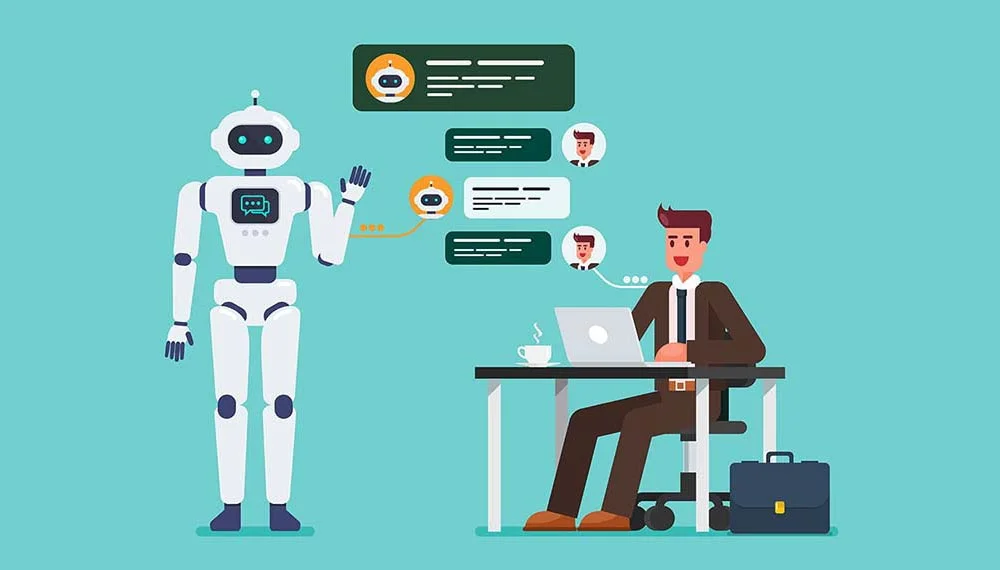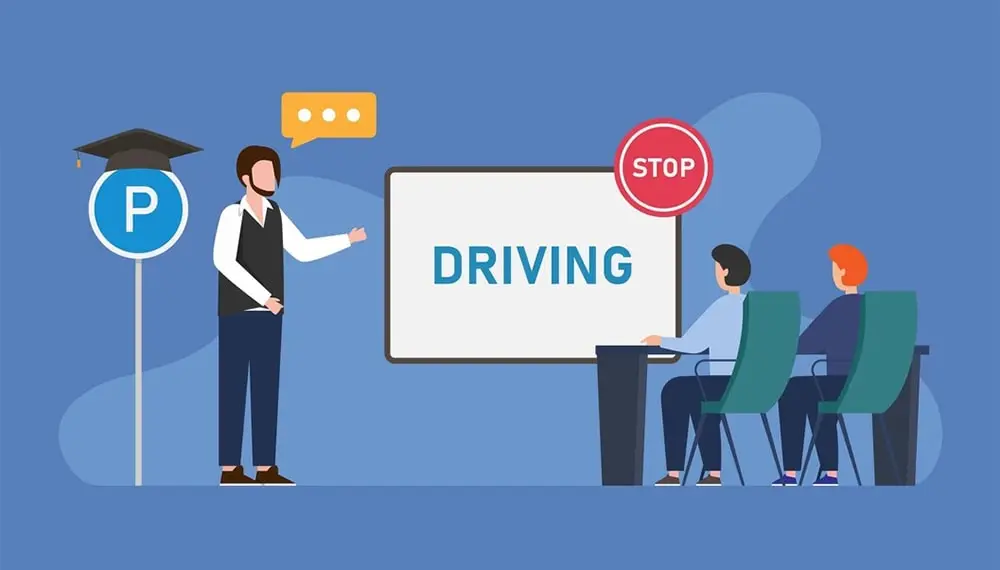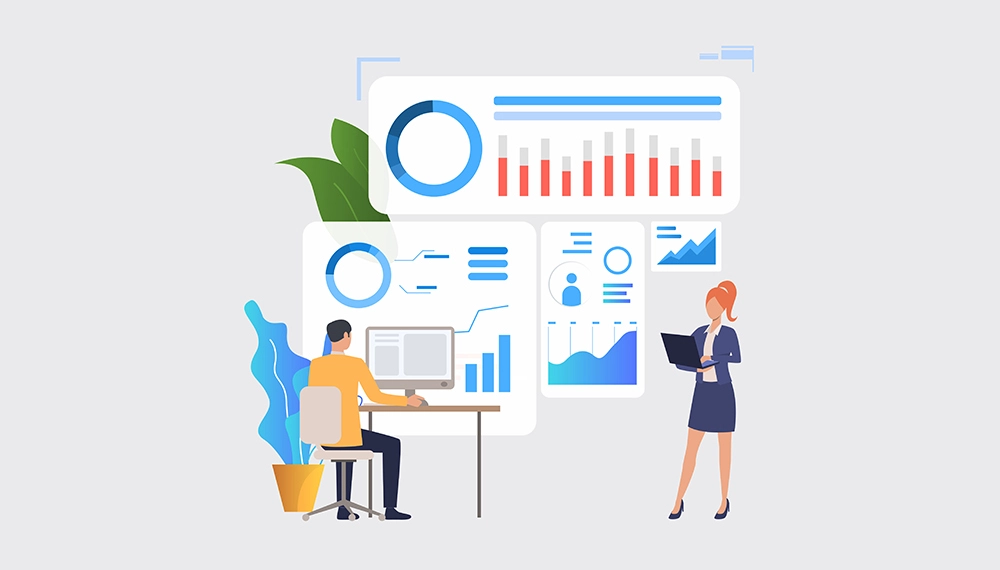How AI Transforms Knowledge Assessment in Modern Hiring
Rohit Kumar
14 Dec, 2023

The integration of Artificial Intelligence (AI) into our daily professional and personal lives marks a significant shift from its previous status as a mere concept in science fiction. This transformation is profoundly influencing employee training and development across diverse industries, including agriculture, healthcare, marine, military, and automotive.
AI is revolutionizing the way employees are trained and developed, leading to more efficient, effective, and personalized learning experiences. It enables a more sophisticated approach to training, where automation and intelligent workflows are key components.
AI's role in enhancing knowledge assessment and employee development is becoming increasingly prominent. In fields such as agriculture, AI aids in training for precision farming techniques, while in healthcare, it assists in educating professionals about new diagnostic tools and treatments.
In the automotive industry, AI is vital for training in advanced manufacturing and engineering concepts, and in the military, it's used for simulation-based training for complex operations. These advancements in AI-driven training methods result in improved accuracy, a better learning experience for employees, reduced biases in learning outcomes, and overall improved efficiency in skill acquisition and application.
Furthermore, the evolution of AI in training and development represents a major leap in innovation and capabilities across sectors. This technology is not just upgrading existing training methods; it's enabling the exploration of new ways to educate and develop the workforce.
For instance, AI-powered tools and platforms are facilitating more interactive and engaging learning experiences, tailored to individual learning styles and needs. The ability to rapidly process and analyze data allows for a more personalized and adaptive learning environment, ensuring that employees across various industries are equipped with the latest skills and knowledge relevant to their field.
As AI continues to evolve, its potential to transform employee training and development remains a vital aspect of workforce advancement in the modern technological era.
Discover the role of AI in knowledge assessments.
The Evolution of the Market with Technology
Technology advances require our knowledge and its application to keep pace.
The COVID-19 pandemic forced organizations to maintain operations, including employee development, through available technologies like video calls. This traditional technology was enhanced with features such as screen sharing and virtual whiteboards to facilitate remote work.
Digital assessments were also present pre-pandemic, but the addition of features like remote proctoring and AI-assisted proctoring has enriched online assessments, enhancing the user experience and streamlining the development and evaluation processes.
AI's Impact on Knowledge Assessment in the Workplace
Upskilling and reskilling are becoming more commonplace, offered by managers to their teams. It's crucial to accurately assess not just domain-specific skills but also the relevance of a candidate’s talents for the job.
AI-based knowledge assessments go beyond tech skills, delving into candidates' psychometric intelligence. Formats like situational judgment assessments provide insights into a candidate's behavioral and emotional reactions in critical situations.
AI enriches the recruitment process by assessing emotional intelligence and interpersonal skills, ensuring that the workplace benefits from well-rounded candidates.
The Advantages of AI in Knowledge Assessments
As AI reshapes industries, adopting its advancements in knowledge assessments brings several benefits:
-
Precision: AI's ability to process and analyze large data sets exceeds human capabilities, leading to more accurate and reliable assessments.
-
Objectivity: AI assessments are crafted with scientific methods, reducing personal biases in the evaluation process, and focusing on candidates' domain-specific abilities and creative thinking.
-
Efficiency: AI expedites the evaluation process, learning and adjusting to patterns in human behavior for faster outcomes.
-
Engagement: High-quality, interactive AI interfaces cater to candidates' preferences, offering real-time query resolution and a personalized experience, which can increase engagement and loyalty.
AI's Role in Knowledge Assessments
AI enhances knowledge assessments in several ways:
-
Intelligent Screening: AI automates the initial recruitment stages, evaluating applicants' experience and skills to shortlist candidates effectively.
-
Online Interviews: AI improves online interview efficiency by analyzing speech patterns, word choices, and non-verbal cues to assess candidate suitability.
-
NLP and Machine Learning: These technologies help interpret vast amounts of data, assisting recruiters in making informed decisions based on past hiring experiences.
-
AI Chatbots: Used during assessments, AI chatbots learn from candidates' behavior, respond to queries in real-time, and keep candidates informed throughout the process.
As job roles evolve with technology, employers expect more from candidates, including the right knowledge, skills, competencies, and attitudes.
The methods used by hiring managers to assess these qualities are critical. AI-assisted knowledge assessments enable a deeper understanding of a candidate’s problem-solving abilities, adaptability, and communication skills.
Core Competency's online assessment suite and Proctor tool provide hiring managers with the means to evaluate interpersonal, behavioral, personality, and technical skills accurately and without bias, ensuring informed and personalized hiring decisions.




